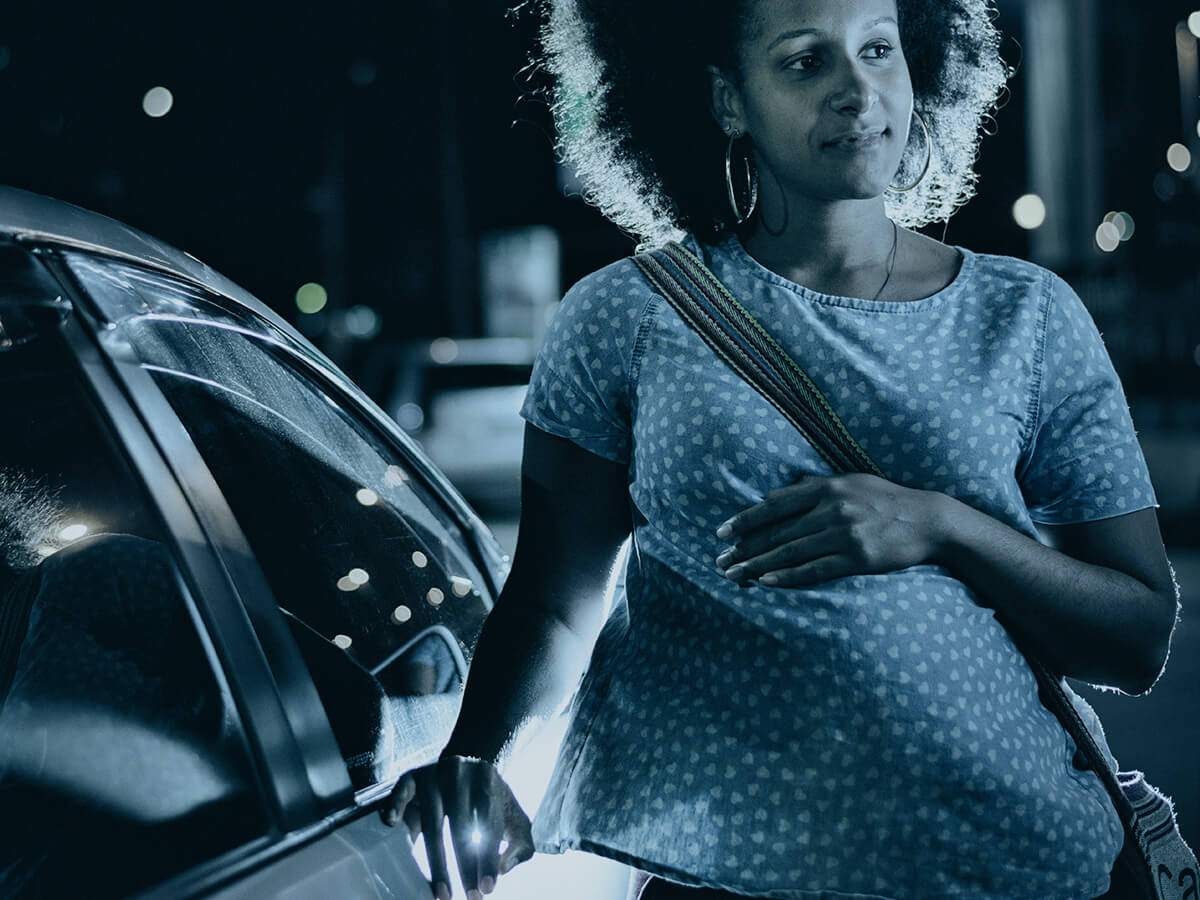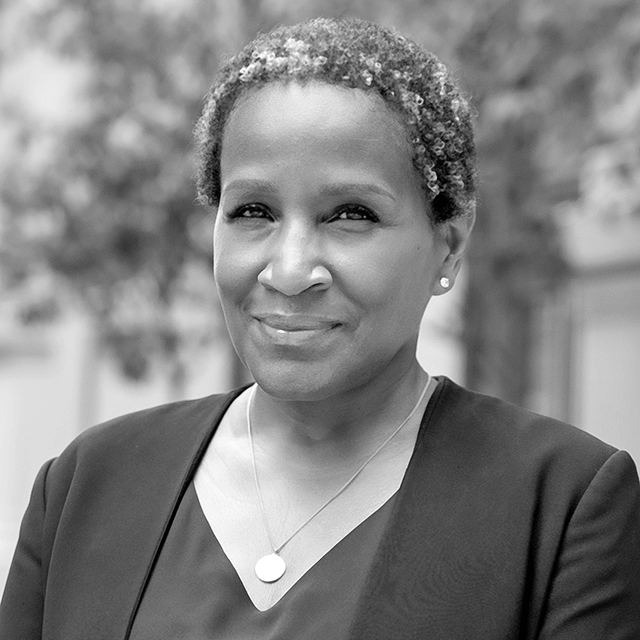(November 17, 2020) — Yesterday, the New York City Commission on Human Rights (NYCHR) announced an investigation into several New York City hospitals in response to concerns that their drug testing practices disproportionately target Black and Latinx parents and infants.
Following concerns from advocacy groups regarding drug testing practices that may disproportionately target Black and Latinx parents and infants, the New York City Commission on Human Rights announces investigations into Montefiore, Mount Sinai, and New York Presbyterian hospitals, which, collectively, have facilities in the Bronx, Manhattan, Brooklyn, and Queens. The investigations examine the hospitals’ policies and practices regarding drug testing of pregnant people and newborns to assess whether those policies and practices demonstrate discriminatory racial bias against Black and Latinx families. The Commission-initiated investigation seeks to root out and end any such discriminatory practices.
Although a positive toxicology test does not merit a call to the State Central Register of Child Abuse and Maltreatment (SCR), advocates have consistently reported that hospitals continue to use a single unconfirmed positive screen as a reason to report parents to the SCR. If the SCR accepts the report, the local child welfare agency is required by law to launch a child protection investigation.
“Achieving racial justice requires systemic change across all aspects of daily life, not least of all in the medical system,” said Sapna V. Raj, Deputy Commissioner of the Law Enforcement Bureau of the NYC Commission on Human Rights. “The Commission is seeking to root out any discriminatory policies or practices and prevent further harm to these communities. The manifestation of anti-Black racism in medical settings is a well-known and entrenched problem, and, under the leadership of Commissioner Carmelyn P. Malalis, confronting such racism has been, and continues to be, a top priority.”
Racial bias in medical settings is well-documented and leads to disproportionately high negative health outcomes for Black and Latinx patients, especially people receiving obstetric care. People of color are often dismissed when raising concerns about their health, given less pain medication, and face assumptions about their health and well-being based on race. In New York City, Black women face a maternal mortality rate that is 12 times higher than white women. Further, studies show that Black women are far more likely than white women to be drug tested before or immediately following childbirth despite similar rates of drug use in both populations. These factors can lead to mistrust of medical providers, fear of medical settings, and elevated stress levels, as well as act as a deterrent in seeking necessary medical treatment.
The press release quotes Rose Pierre-Louis, Chief Operating Officer of the McSilver Institute, who said, “We know from our work supporting mental health services to children and families that early disruptions to the child-parent bond can be traumatic and have lasting consequences. Our city’s hospitals should not perpetuate practices that lead to disproportionate family separations in Black and Latinx communities.”

